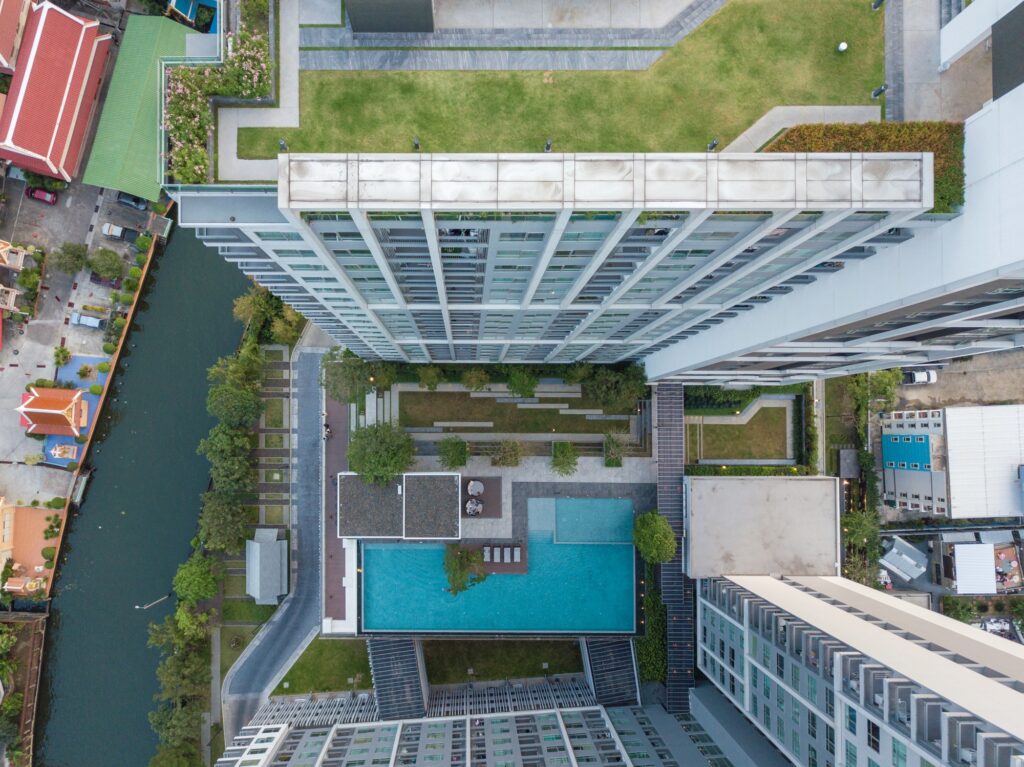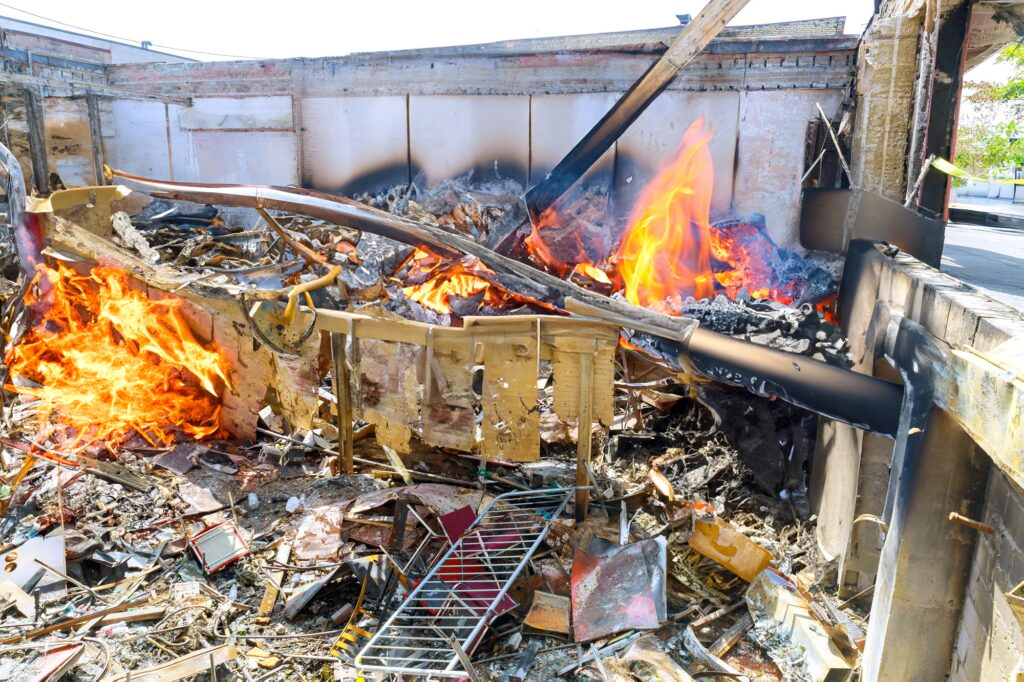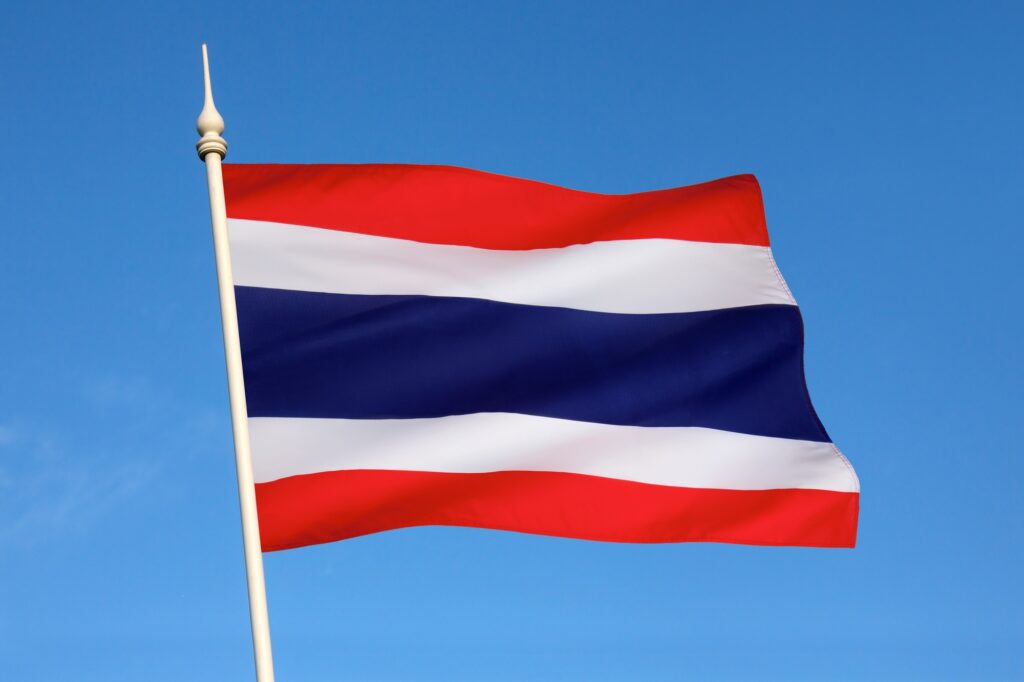Essential Property Purchase Checklist

Before committing to a property purchase, ensure you’ve covered all the essentials. Start with a clear budget and factor in additional costs like taxes, insurance, and maintenance. Conduct a thorough property evaluation—from verifying structural integrity and checking plumbing and electrical systems to reviewing neighborhood safety, nearby amenities, and local development plans. Don’t skip vital paperwork: confirm clear title deeds, zoning regulations, and all necessary permits. Professional inspections—covering everything from pest control to ventilation—add another layer of certainty. By following a comprehensive checklist, you’ll make a well-informed decision that safeguards your investment and future comfort.
Common Mistakes When Buying Property in Thailand

Minimize risk and protect your investment by avoiding common pitfalls when purchasing property in Thailand. Conduct thorough due diligence—verify the title deed, review the developer’s track record, and assess construction quality before committing. Enlist professional legal counsel, arrange an independent inspection, and understand the local market dynamics rather than relying solely on foreign property experience. Finally, consider environmental factors, infrastructure, and climate conditions to ensure the location truly meets your needs. By addressing these critical areas, you’ll set a solid foundation for a successful property purchase in Thailand.
Property Maintenance in Thailand’s Tropical Climate

Thailand’s tropical climate demands proactive property maintenance strategies to ensure long-term value and structural integrity. From managing high humidity and preventing mold to safeguarding against intense sunlight, heavy monsoon rains, and coastal salt air, owners must adopt tailored solutions. Regular air conditioner servicing, proper ventilation, and routine roof inspections help combat moisture damage and maintain comfortable interiors. Waterproof coatings, gutter cleanings, and drainage checks protect against flooding, while efficient airflow, insulation, and shaded windows enhance energy efficiency. By scheduling frequent inspections and implementing preventative measures, property owners can preserve their investments and thrive in Thailand’s challenging climate conditions.
Legal Aspects of Airbnb Rentals in Thailand

Hosting short-term rentals in Thailand—such as through Airbnb—demands thorough understanding of the country’s legal landscape. Without a proper hotel license, daily rentals can be considered illegal, potentially resulting in fines or even imprisonment. While certain exemptions allow for monthly stays or small-scale operations, many condominiums prohibit short-term lets, and courts have upheld these rules, holding owners accountable for violations. Additionally, landlords must ensure compliance with tax obligations and safety regulations. Before offering short-term rentals, property owners should obtain the necessary licenses, verify building restrictions, and maintain proper documentation to avoid legal complications.
Selecting a Property Manager for Your Investment Property in Thailand

Finding the right property manager in Thailand is key to safeguarding and enhancing the value of your real estate investment. Look for seasoned professionals with local market expertise, a proven track record, and a comprehensive service portfolio—from tenant screening and rent collection to maintenance and marketing. Whether you choose an individual manager offering personalized attention or a well-established management company with broader resources, thorough due diligence is vital. Verify references, assess communication standards, and ensure familiarity with Thai regulations and cultural nuances before making your final decision.
Complete Guide to Buying Rental Property in Thailand

Thailand’s thriving rental market offers attractive returns, often ranging from 6% to 10%, with prime destinations like Bangkok, Phuket, and Pattaya delivering particularly strong yields. Investors can legally own freehold condominiums (within the 49% foreign quota) or secure long-term leaseholds, ensuring flexibility in property selection. Key steps include conducting thorough due diligence, transferring funds from overseas, and registering the title at the Land Department. Professional property management services—covering tenant screening, maintenance, and rent collection—can help optimize returns. With strategic location choices, robust demand in tourist hotspots, and careful adherence to local regulations, investors stand to benefit from sustainable, high-performing rental investments in Thailand’s dynamic real estate market.
Hotel Apartment Investment in Thailand

Seize the opportunity in Thailand’s thriving hotel apartment market, fueled by surging tourism and strong economic fundamentals. With visitor arrivals expected to surpass 41 million by 2025, prime locations like Bangkok, Phuket, Pattaya, and Koh Samui promise high demand and solid returns—often between 5-8% annually. Flexible ownership models, professional management services, and growing infrastructure support long-term growth through 2030, making hotel apartments an appealing option for both individual and institutional investors seeking stable income and capital appreciation in Southeast Asia’s dynamic real estate landscape.
Property Insurance in Thailand: Essential Guide

Safeguard your Thai property against unexpected losses with comprehensive insurance options designed for homeowners, investors, and landlords. Though not legally required, property insurance can protect against fire, natural disasters, theft, and more, while also offering personal liability coverage. With basic policies starting as low as 1,100 THB per year, you can tailor your coverage to include structural elements, home contents, and additional features. By comparing reputable providers and understanding policy exclusions—such as wear-and-tear damage and certain high-risk regions—you’ll find the right solution to protect your valuable investment in Thailand’s dynamic real estate market.
Understanding Thai Inheritance Law and Real Estate

Gain clarity on Thailand’s inheritance laws as they pertain to real estate, especially for foreign heirs. While foreign nationals can inherit property, strict regulations—particularly on land ownership—require inherited land to be sold within one year. In contrast, condominiums can be inherited and retained if they remain within the foreign ownership quota. Understanding the statutory order of heirs, spousal rights, and the enforceability of foreign wills is essential. With potential tax implications for high-value estates, navigating Thai inheritance law demands careful legal guidance to ensure a secure and compliant transfer of property.
Establishing a Company for Property Investment in Thailand

Learn how to establish a Thai Limited Company for property investments, navigate foreign ownership limitations, and understand the legal and financial groundwork required. From registering a company name and preparing essential documents to meeting capital requirements and complying with ongoing regulations, this guide outlines key steps to secure condominiums or manage land investments. With proper legal support and adherence to Thai business laws, foreign investors can leverage a stable corporate structure to capitalize on Thailand’s thriving real estate market.
Healthcare and Insurance in Thailand

Thailand’s healthcare landscape blends universal coverage for citizens with an array of private insurance options for foreigners. Supported by an extensive network of government and private hospitals, clinics, and primary care units, the system provides both high-quality care and affordability. While Thai nationals benefit from well-established schemes like the Universal Coverage Scheme, long-term foreign residents must carry private insurance—a requirement that still allows flexibility in coverage levels. With nearly all citizens protected, an 80-year life expectancy, and healthcare spending at a modest 6% of GDP, Thailand continues to refine its infrastructure, broaden medical access, and enhance its reputation as a premier healthcare destination in Southeast Asia.


